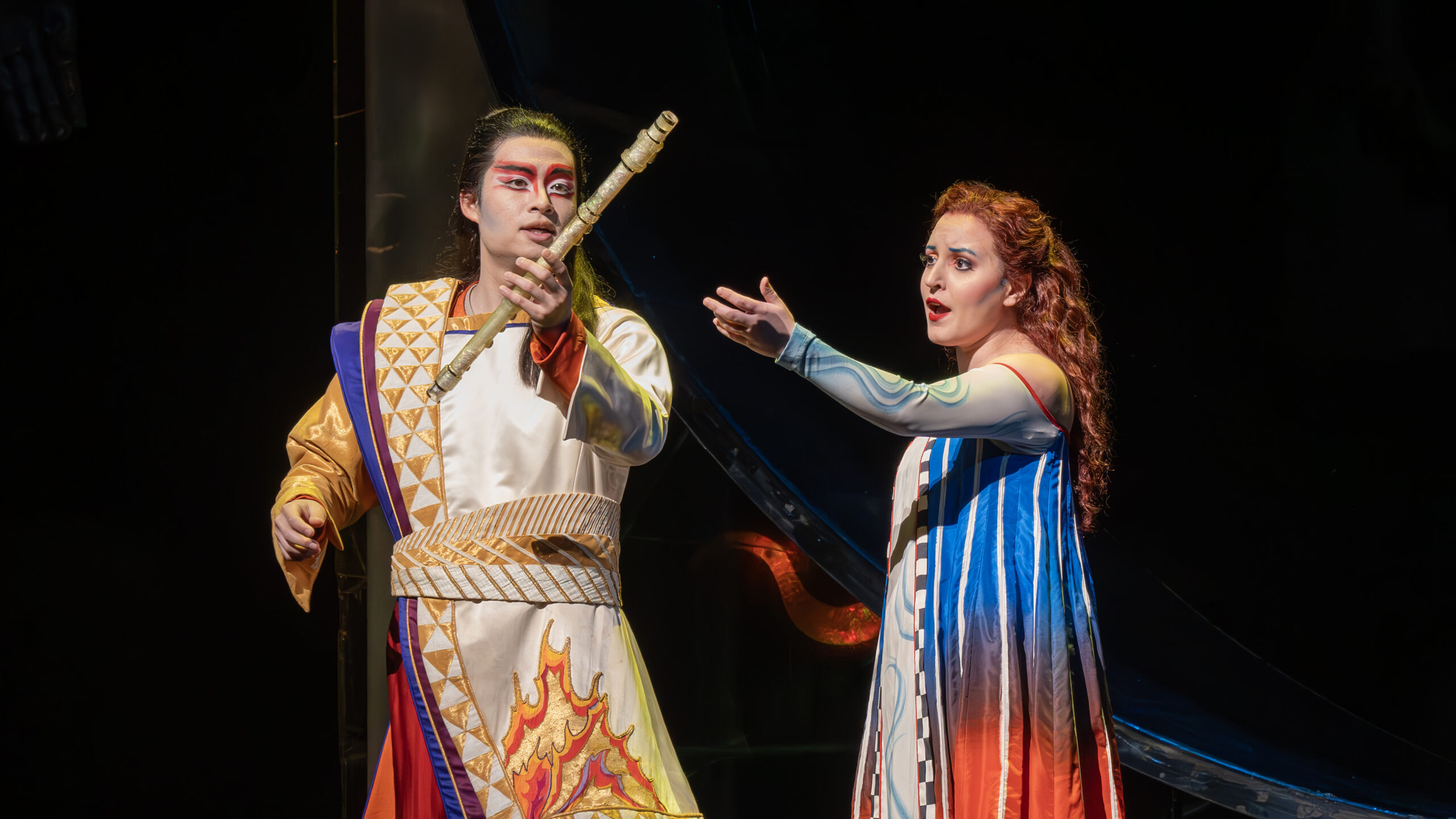
The trees are lush, the water bordering the deserted beaches is brisk, if no longer quite swimmable, and the light is still silver rather than autumnal gold. And now, there is vocal music to complement it in the form of the Sag Harbor Song Festival which took place the weekend before last.
Started in 2022 as the brainchild of Lena Kaplan and longtime Director of Artistic Administration at The Santa Fe Opera Brad Woolbright, the SHSF rests just over the cusp of the Hamptons summer season and is housed in a striking deconsecrated and adapted church on Sag Harbor’s main drag fittingly known as The Church. American seasonal pleasure domes tend not to lack for boutique classical music festivals – the Newport Classical, Santa Fe Chamber Music Festival, and Bridgehampton Chamber Music, just down the road from Sag Harbor, are just a few that come to mind – but SHSF fills a particular niche in its singular focus on classical vocal music rather than the one-off solo recital ghettoized in a season of instrumental chamber music.
It’s a refreshing – and, frankly, surprisingly unique — addition to the summer festivals for fans of voices and one that was sorely needed. In fact, not even the tremendously versatile collaborative pianist Robert Tweten was given a solo showpiece over the course of the three mixed recital programs. Instead, half a dozen young singers and their singing are the focus of this weekend-long festival.
The Festival, now in its third year, seems to have settled on a standard formula of emerging or recently emerged voices — two sopranos, one light- and one full-lyric, a mezzo, a baritone, and a bass – who perform an eclectic mix of arias, art songs and cycles, musical theatre, and ensembles. This year’s group represented varying degrees of polish, all to the delight of the leisurely but serious audience that sold out The Church for the three programs, and I’ll touch on some of their choice contributions individually.
Of the six singers, it was soprano Erika Baikoff whose performances over the weekend have remained most firmly in my memory. Her resumé shows distinction in art song repertoire and her Elly Ameling-esque interpretative subtlety set her in a class apart from her Suffolk County peers. Despite the consistency of the tone, her voice encompasses different resonances that she melds with acuity. Whether in Susanna’s “Deh vieni,” in which she emitted a sound so pure during one of the ornamented refrains it elicited mid-performance applause, to an “If I were a bell” (one program was dedicated mostly to musical theatre) that swung excitingly on the hinge of her lower register break, she was never less than entrancing and her performance of six Rachmaninoff romances was the finest that I have heard and ended in a prolonged, stunned silence. The voice throbbed at the top of the stave in “The Dream” and took on both sweetness and terror in “A-Oo” (The Quest), each word bursting forth with clarity and concision. Baikoff is a communicative artist, rather than an expressive one, and her subtle word-painting, glittering eyes, and flowing tone made the cycle the weekend’s musical high point and more than compensated for the lack of available subtitles or song texts.
The appealing bass William Guanbo Su shared a textual flare with Baikoff; Gerald Finzi’s cycle Let us garlands bring to texts by Shakespeare had him conjuring a range of intense emotions and colors that flowed thoughtfully from the mask. The four impressionistic Chansons de Don Quichotte by Jacques Ibert showed a gentle and stylish dynamic touch, even if his profondo timbre smolders rather than blackens at its lowest reaches (in comparison to their original interpreter, Chaliapin). But it’s a voice that swells and moves with decisiveness and ease –even “La calunnia” felt refreshed.
Baritone Justin Austin was equally effective, if for very different reasons. He keeps his compact sound carefully guarded, only very occasionally letting its soft and even pulse reach its fullest resonance, and he often exploits the ability to slim down to the slightest whisper of a pianissimo. But like Baikoff, he’s a natural recitalist and his way with poetry – especially in a cycle of songs by Robert Owens, Mortal Storm, set to poems by Langston Hughes — was marked by ease and naturalness. The Soliloquy from Carousel was urgent and spontaneous and the patter of “Largo al factotum” bubbled out almost as easily as the way Austin carried himself onstage. Austin’s sound, averse as it was to boom and bombast, seemed the least stereotypically operatic of the group, but the voice and the text always ran in noticeable lockstep.
Austin and soprano Lydia Grindatto also achieved an early moment of synergy in Nedda and Silvio’s duet from Pagliacci on the first program with his taut sound brushing up interestingly against her more smoky, voluptuous one. Indeed, Grindatto’s base timbre is Moffo-plush and her middle register, on display in the “Song to the Moon” and Violetta’s cavatina and cabaletta, is expansive while huge, secure, dusky high notes glisten like oil. But time and time again, imprecision with the texts enfeebled her contributions. It’s not that her diction was bad (though a short cycle by Joaquín Turina turned into ceceo salad), but the feeling is not yet there and things became increasingly anonymous as the weekend went on. In a weekend where interpretation was the high standard, Grindatto’s mere singing seemed out of place.
Sarah Mesko, a more even-tempered performer, labored admirably in the Marilyn Horne repertoire; “Cruda sorte,” of selections from Italiana, Carmen, and Giulio Cesare, had her coming closest to Horne’s signature rounded sound, even if the registration was less refined. But while she sings with feeling and sweep (Dvorák’s Romani Songs showed off her warm, limpid sound and Cole Porter’s “The Tale of the Oyster” was high camp), she isn’t yet able to really coax a song or aria to climax. Many of her pieces meandered lusciously, goaded along by Tweten who knows just when to augment the volume or drive or rein in the tempo to remind you that these young singers aren’t going it alone.
Protean tenor Duke Kim rounded out the bunch, lending his chameleon instrument to everything from “Maria” from West Side Story to “Nessun dorma” to the tenor part in “Au fond de temple saint,” each with a requisite level of style, verve, and security. But the range of material he took on spread him somewhat interpretatively thin in surprisingly ways; some romanze by Francesco Paolo Tosti and Ruggero Leoncavallo landed steady and bronzen, but the set of Mario Lanza songs that followed the next day, ostensibly schmaltzy stereotypes of the romanze from the day before, lacked a sprezzatura ardency and even felt too disciplined. There is much in Kim’s voice to be excited about, strong and uniform as its middle and upper range are; I hope he will find a repertoire that interests him in which to invest it.
The final program ended with a group take on “O sole mio” that sealed the weekend with a playful wink. It was a fitting conclusion to a satisfying weekend of singing, plain and simple, from several promising young artists.
Photos: MayaRose Creative
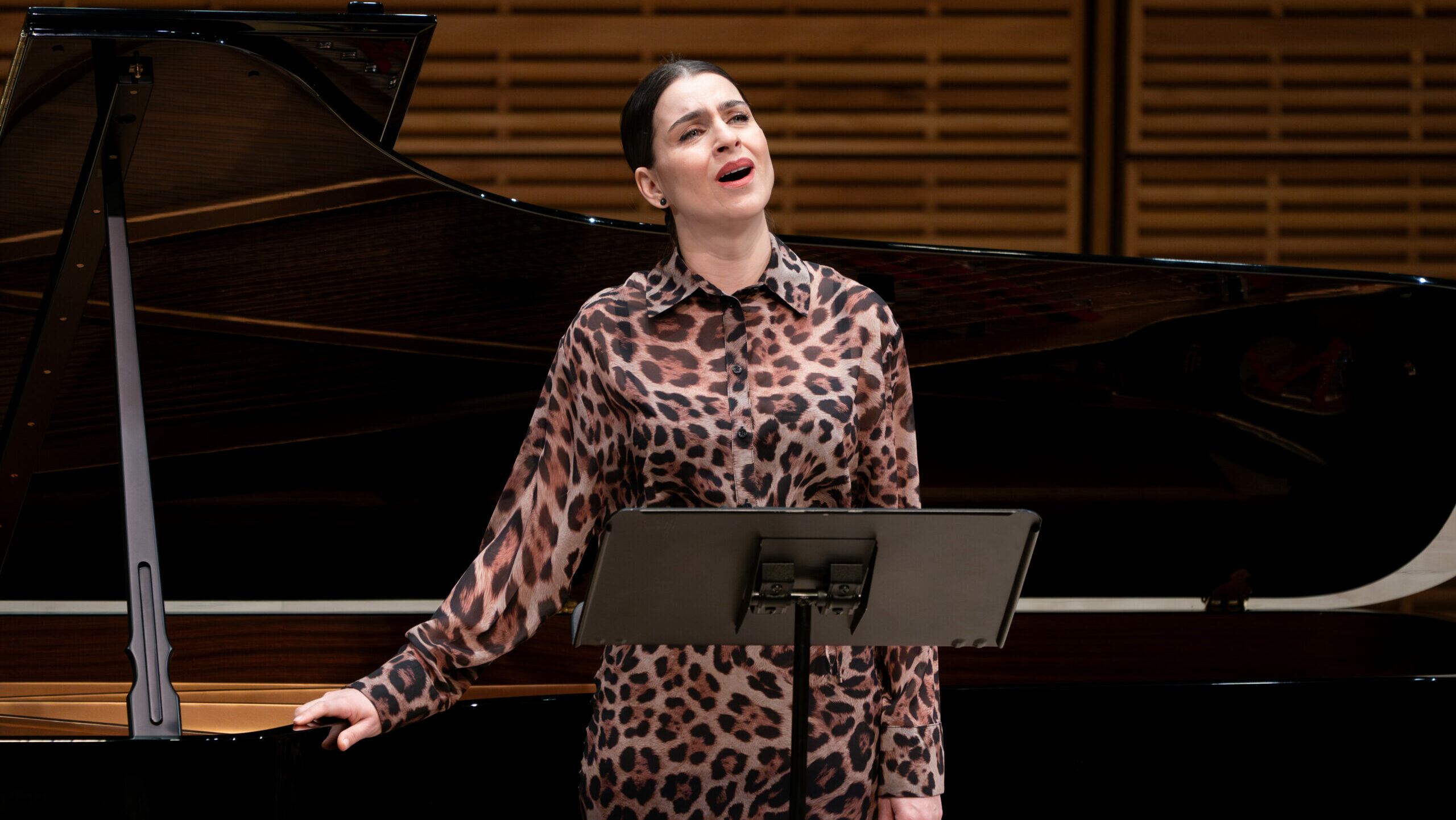
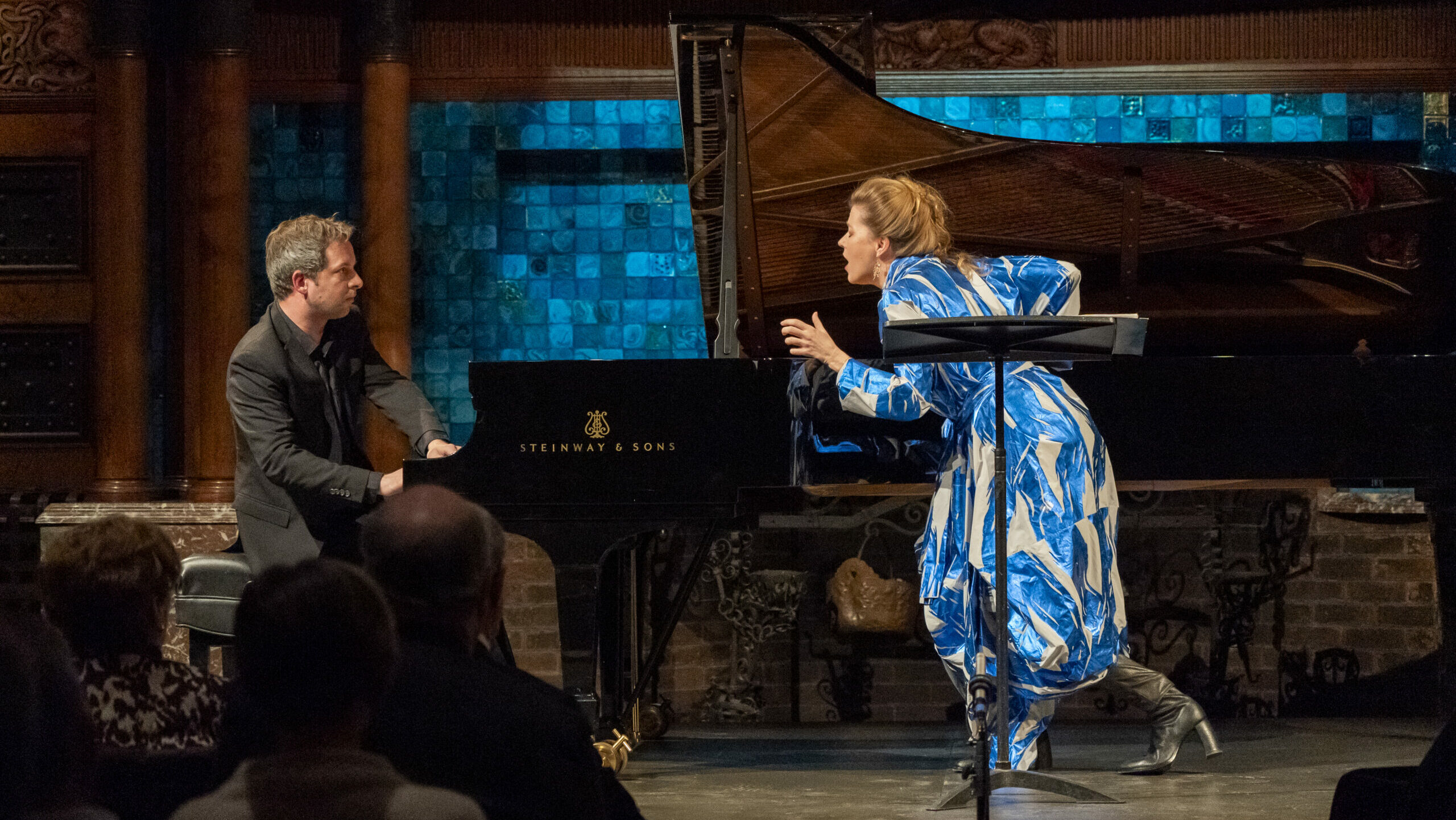

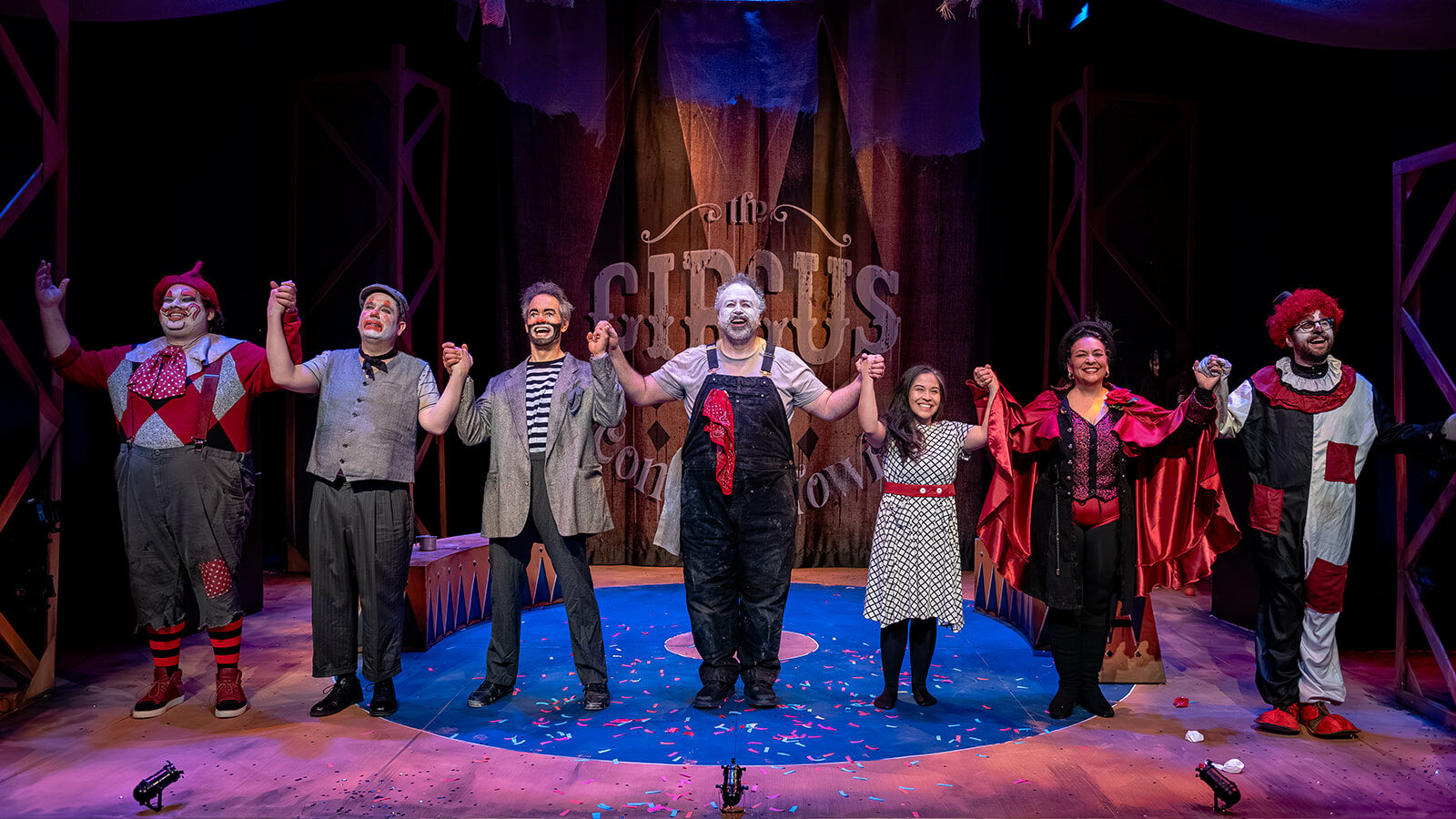




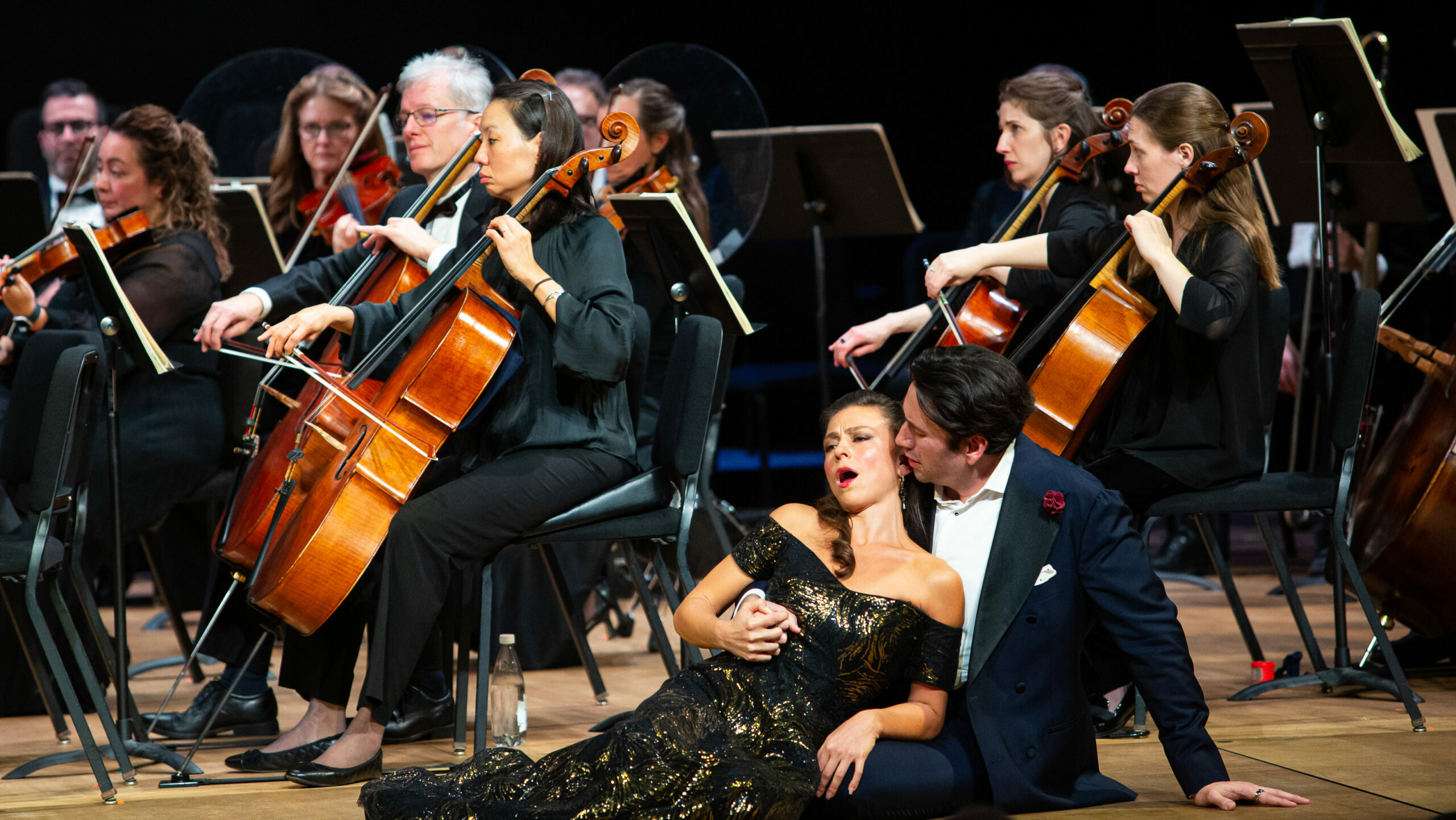
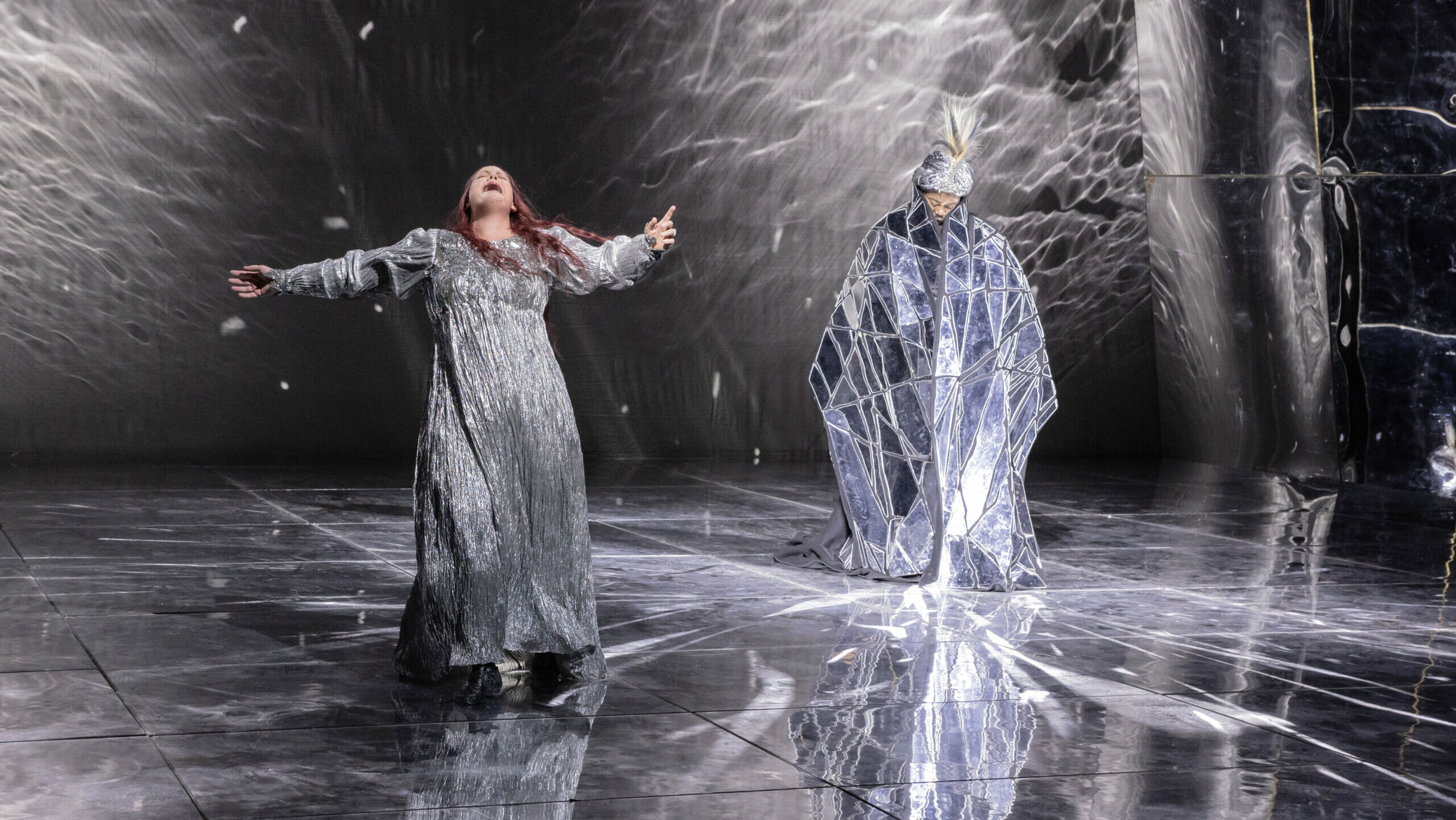
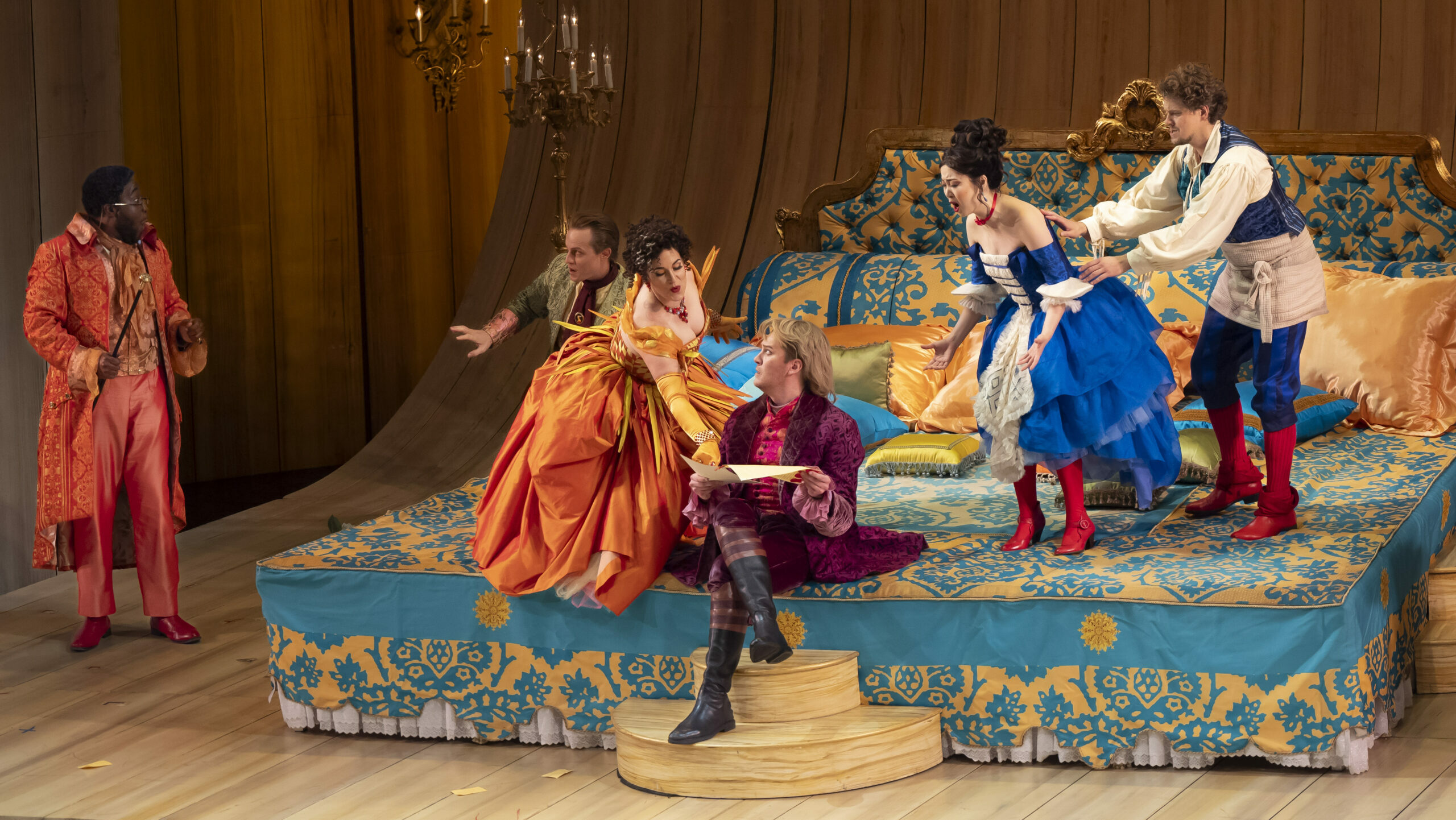
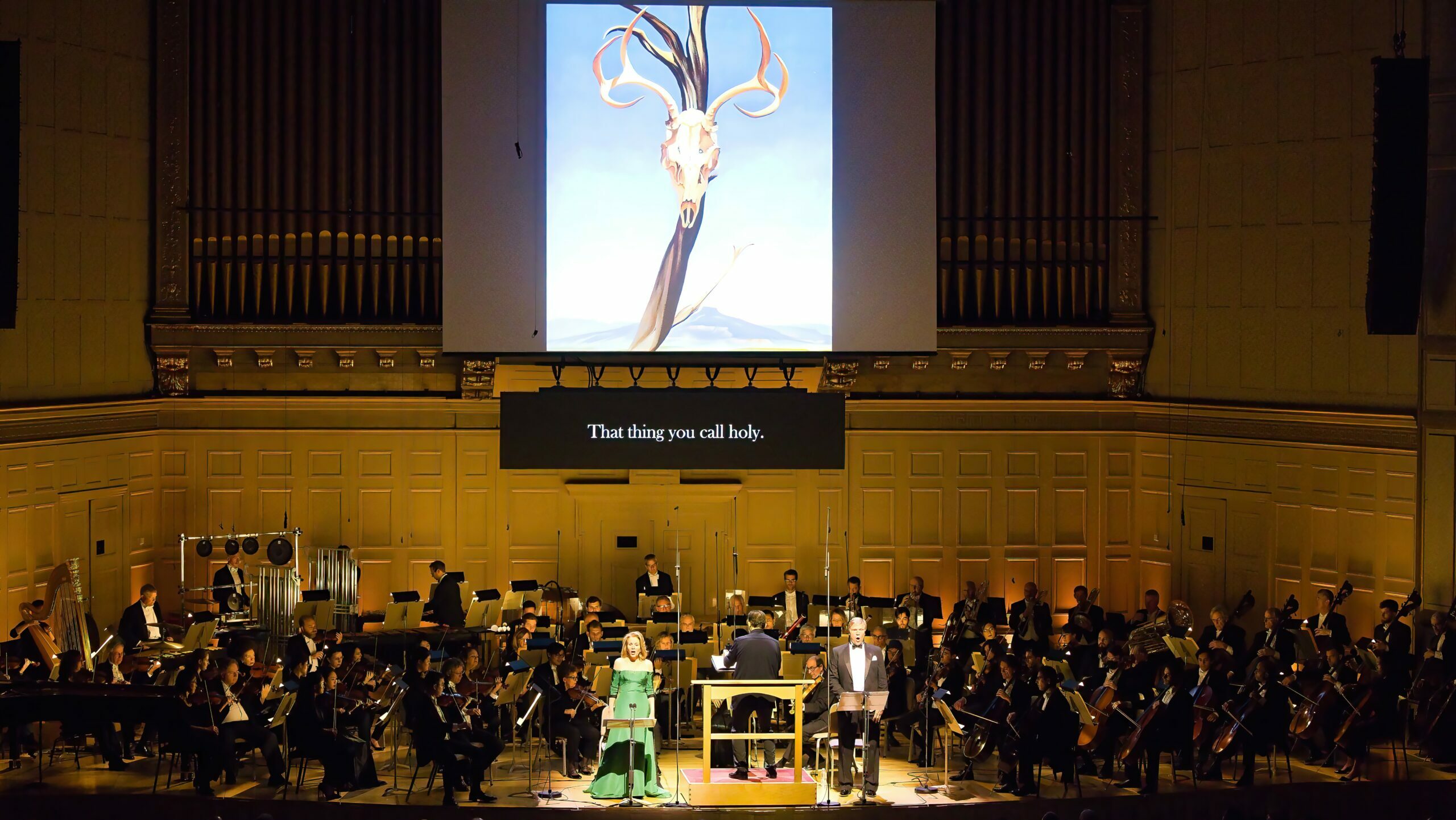
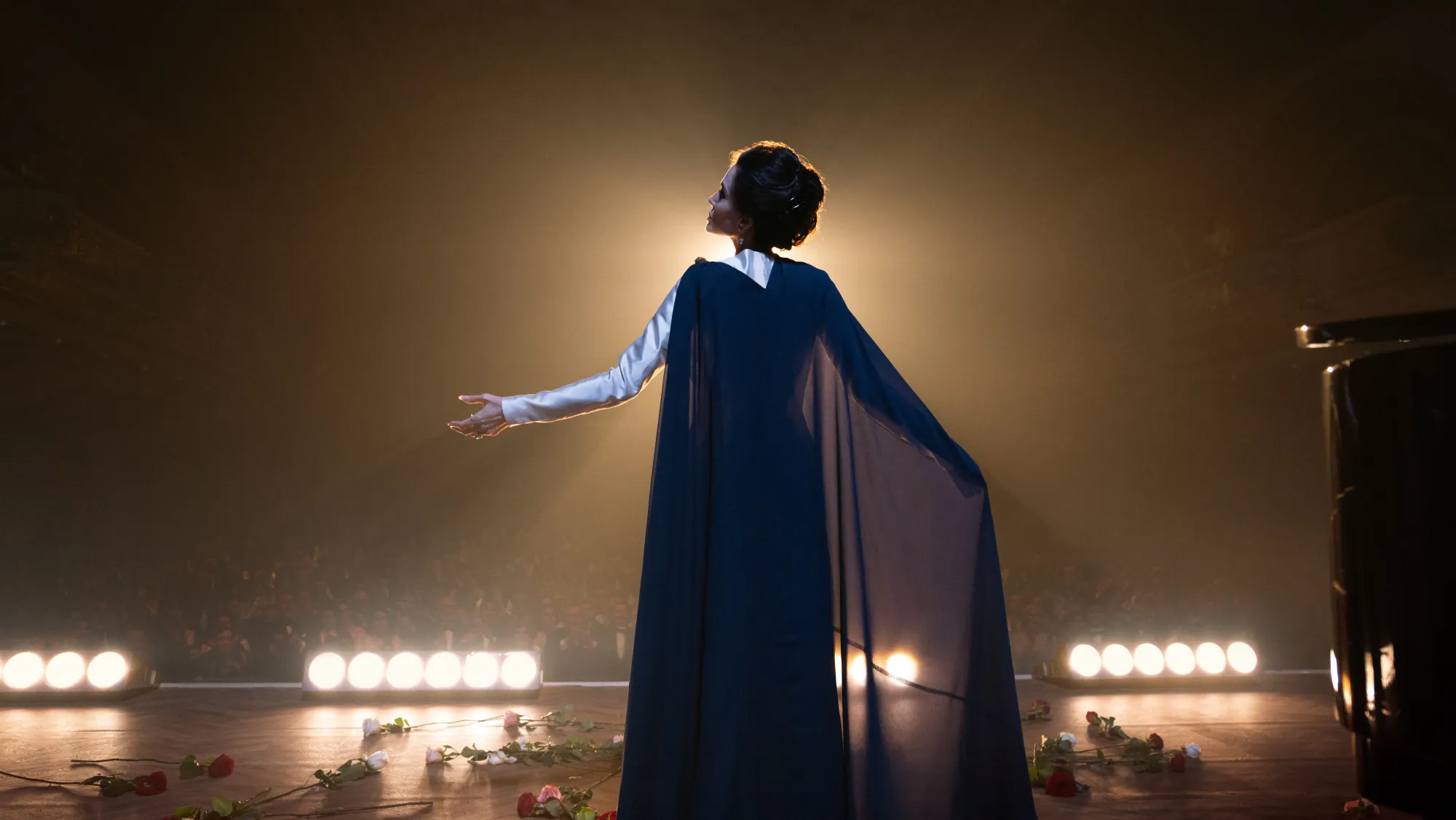
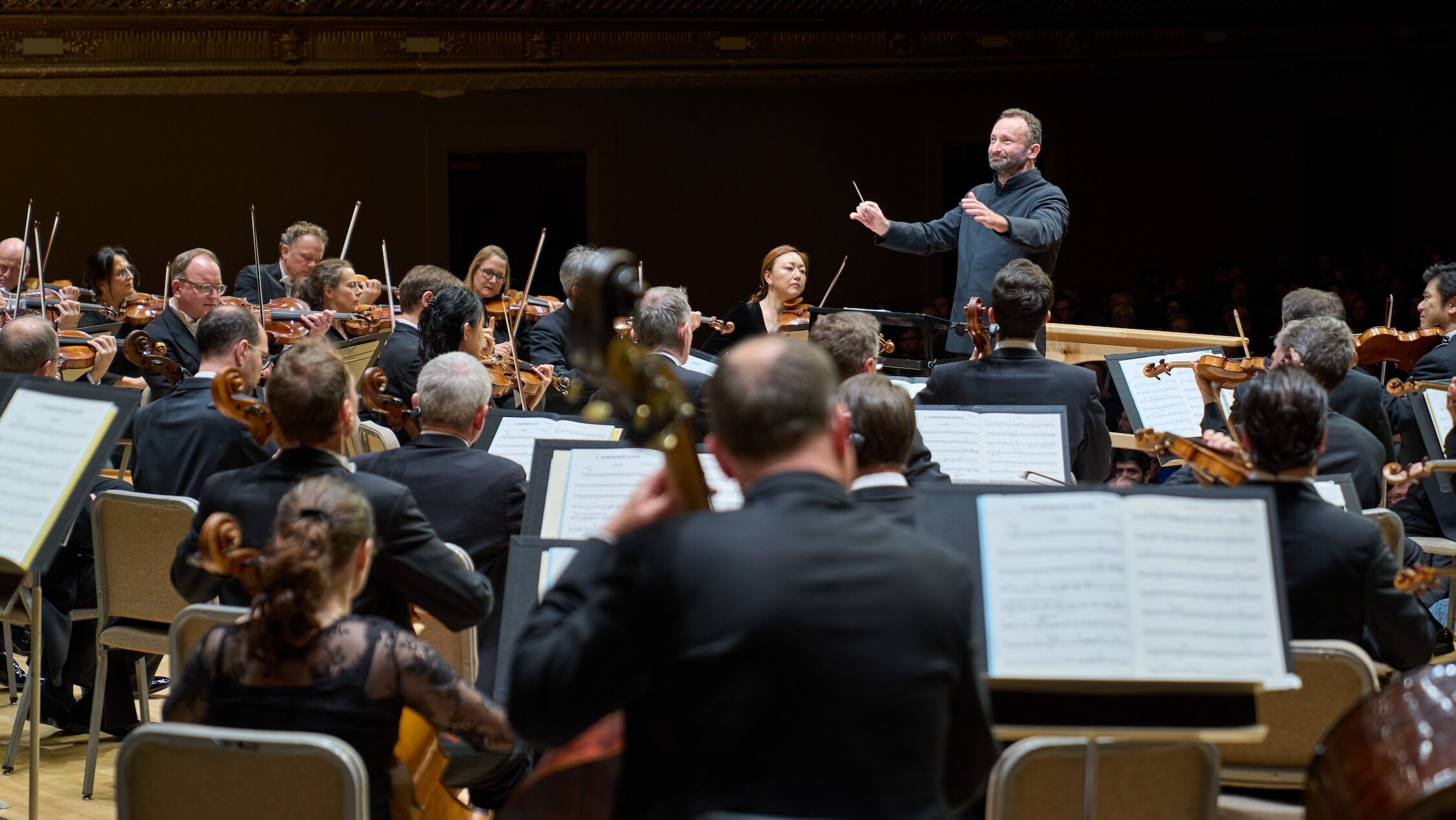
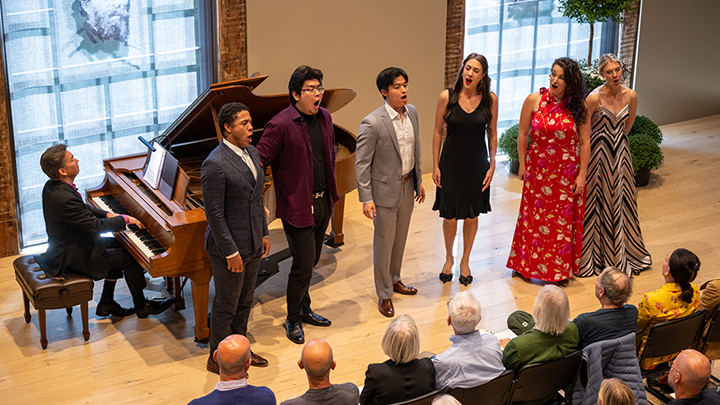
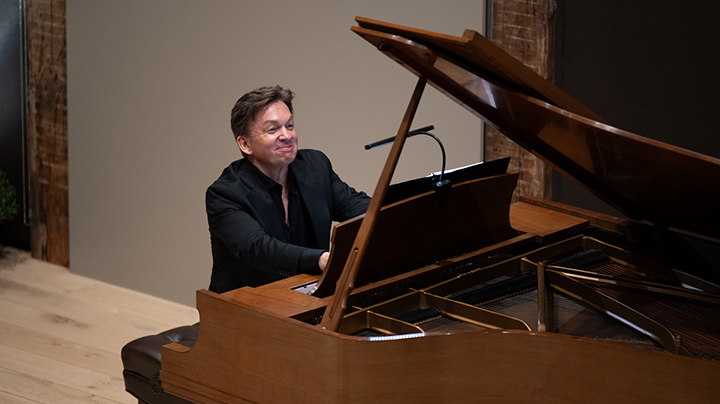
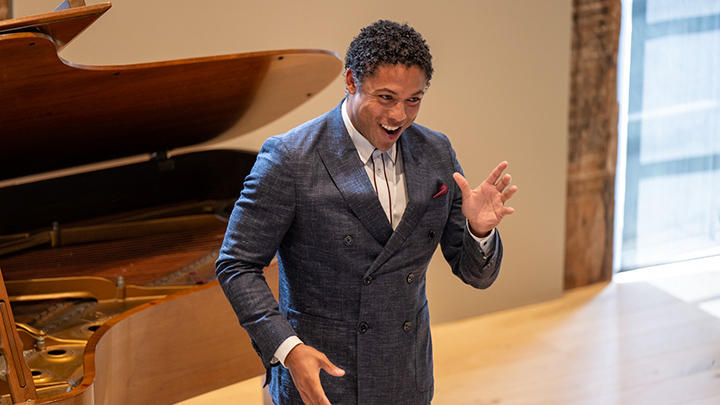
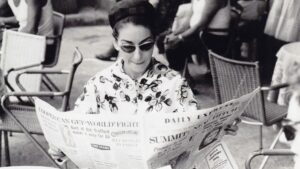
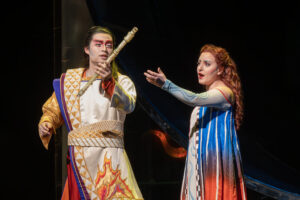

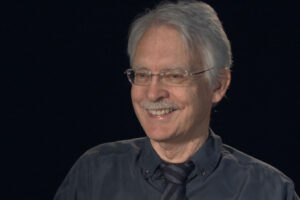
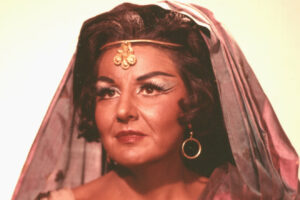

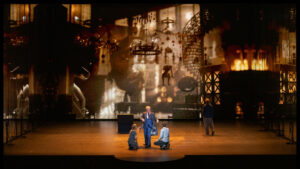
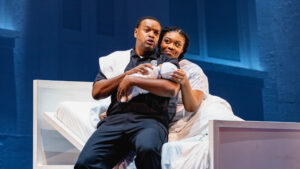



Comments